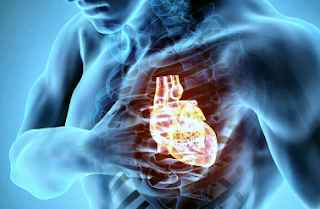What is Cardiopulmonary Arrest ?
Cardiopulmonary Arrest is a combination of two conditions : Cardiac Arrest and Pulmonary Arrest. In simple terms Cardiac Arrest is when heart stops beating, while Pulmonary Arrest is when lungs stop breathing.
Cardiac Arrest happens when the electrical system of the heart fails. It means that the electrical impulses that make the heart muscles contract and expand, don't work properly or totally stops. Cardiac Arrest can happen either due to a history of heart diseases or due to an injury in the nerves responsible for bringing electrical impulses to the heart. A severe injury to heart in an accident can also result in cardiac arrest.
Pulmonary Arrest, which is also known as "Respiratory Arrest" is absence of breathing. It may happen due to head injury or drowning. If pulmonary arrest continues for sometime then vital organs start to damage due to absence of oxygen. Brain starts to damage in 3 minutes, while more than 5 minutes of respiratory arrest is considered fatal.
A cardiac arrest is always accompanied with a pulmonary arrest as lungs stop getting blood supply from heart. But if a person is gets a pulmonary arrest arrest in the beginning then it may take a minute for heart to stop functioning due to lack of oxygen.
Our heart is placed between our lungs. Nerves responsible for bringing the electrical impulses to heart (vagus nerve) and lungs (phrenic nerve) are closely located in our body. Accidental damage to that region can damage both nerves at the same time and may result in cardiopulmonary arrest.
Know the Difference between Heart Attack and Heart Failure.




Post a Comment
Post a Comment